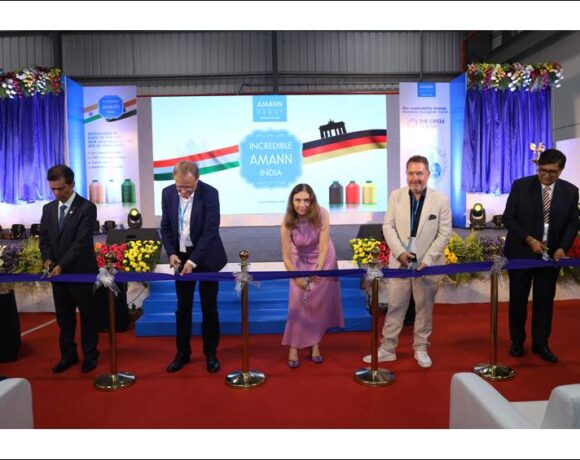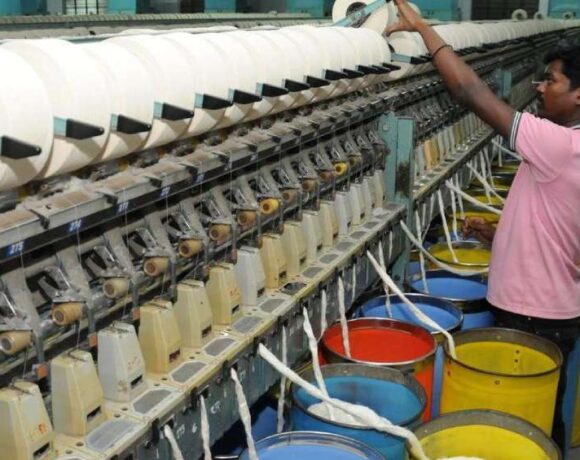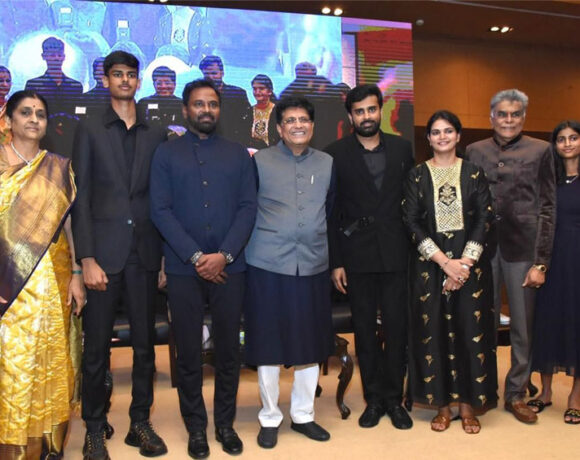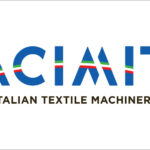CITI’s Chairman Reviews Budget Impact

The Chairman of the Confederation of Indian Textile Industry (CITI), Rakesh Mehra, congratulated the Hon’ble Minister of Finance, Nirmala Sitharaman, for presenting her 7th Finance Budget. He lauded it as a forward-thinking budget addressing key issues for the overall growth of the Indian economy. However, he emphasized the need for bold measures to address the stagnation in the textile and apparel industry, particularly for capacity building, modernization, and cost competitiveness.
“MSMEs account for about 80% of the Indian Textile Industry. The credit assurance schemes announced today will provide much-needed impetus for the growth of numerous textile and garment MSMEs, enabling them to expand their operations and innovate,” said Mehra.
He appreciated the recognition of e-commerce as a growth engine and applauded the announcement of e-commerce hubs. The “plug and play” industrial parks and support for setting up working women hostels will also contribute to a more robust and sustainable industrial ecosystem.
The increased focus on skilling and the announcement of the Employment Linked Incentive scheme, coupled with the easing of FDI norms, will facilitate new investments in the textile industry.
Additionally, financial support for clean energy transition and energy initiatives underscores the Government’s commitment to sustainable development. “These initiatives will pave the way for a more robust and sustainable industrial ecosystem,” he said.
The various income tax relaxations will also increase consumer purchasing power, potentially boosting domestic demand for the textile industry.
Mehra highlighted that while the budget addresses the need for boosting domestic manufacturing competitiveness, the downstream textile industry faces challenges due to the non-availability of raw materials, both cotton and man-made fibers, at internationally competitive prices. This has prevented the Indian textile industry from leveraging its strength across the value chain and has led to increased imports of value-added products.
Since the expiration of the TUFS scheme in March 2022, the industry has lacked an investment incentivization scheme for expansion or modernization. Scaling up is critical for the industry’s survival, which has been losing out to competitors due to lack of scale.
“Except for the enhanced PLI scheme allocation to Rs 45 crore from the earlier Rs 5 crore, there are no major announcements to address the industry’s declining competitiveness,” observed Mehra.
He noted that the PLI scheme has not met the investment needs of the majority and called for the revival of capital subsidy schemes to ensure large-scale investments.
‘Viksit Bharat’ would require bolder steps for the revival of this employment-generating sector. “We look forward to measures addressing these issues,” he concluded.














